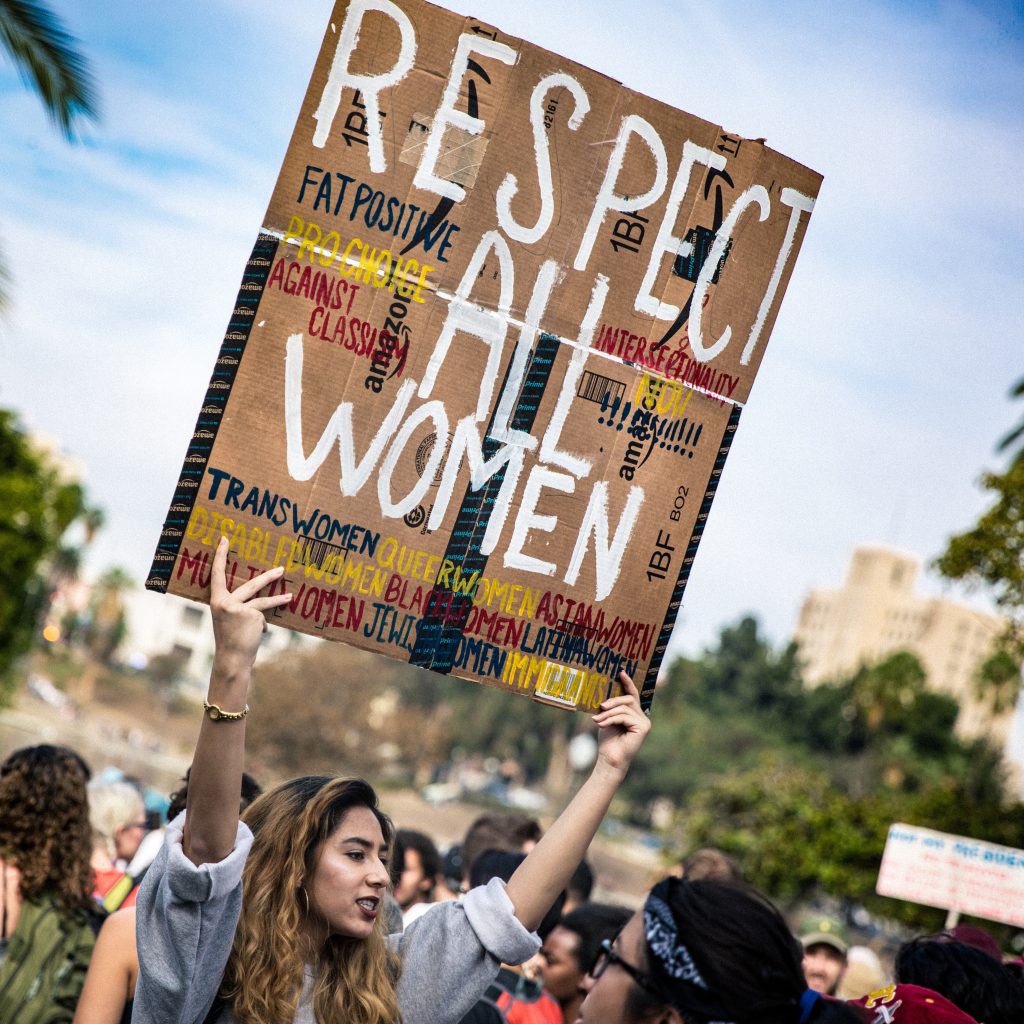
Motherhood, and specfically the ability to carry and give birth to a baby, is simultaneously revered as the epitome of the greatest of all human powers, the ability to create new life, and ridiculed and undervalued as ‘women’s work’.
The power to choose not to give birth, and instead end a pregnancy, seems to incite equally rigorous complaint and controversy, which is soon set to be voiced very publicly as the Republic of Ireland prepares to go to the polls on 25th May for an vote that could lift the country’s ban on abortion.
In Ireland, an abortion is not merely illegal; its prohibition is enshrined in the constitution as the Eighth Amendment, which recognises the equal right to life of both a woman and an unborn foetus. The change to the constitution, which came into force in 1983, has seen women in Ireland die because they were denied a termination, even though their lives were in danger.
In October 2012, Savita Halappanavar died as a result of sepsis, e-coli and miscarriage after she was told she was not allowed an emergency termination ‘because Ireland is a Catholic country’. Instead, a death occurred that was tragic in both the young age of Halappanavar, and in its heart-breaking preventability.
At the inquest into Halappanavar’s death, one of Ireland’s foremost obstetricians, Dr Peter Boylan, said that if Halappanavar and her husband’s request for a termination had been granted when it was clear that the miscarriage was inevitable, she would most likely not have died.
When Ireland prepares to vote at the end of this month, Savita Halappanavar and the many women like her, who were so cruelly let down their country’s arcahic legal system, must be remembered. So too must the women whose only option has been to y alone to another country, to face one of life’s most difficult choices without the support of friends and family.
The women who died as the results of back alley abortions, the other children they may have left behind, and the children who grow up in circumstances no one should have to face must also be remembered.
While the likelihood seems to be that the referendum result will fall in favour of the ‘yes’ vote to repeal the amendment, the question arises for why a developed nation should even be putting what is arguably a human rights issue to a public vote.
The danger with allowing the public to vote on such an issue is that the debate which ensues can be terribly harmful, creating space for rhetoric that degrades, demeans and even harms women.
In choosing to hold a referendum, rather than simply changing the law, the Irish government is giving one last hurrah to the voices that have perpetuated a reality in which women like Savita Halappanavar have been left to die by the very state that should have protected them.
